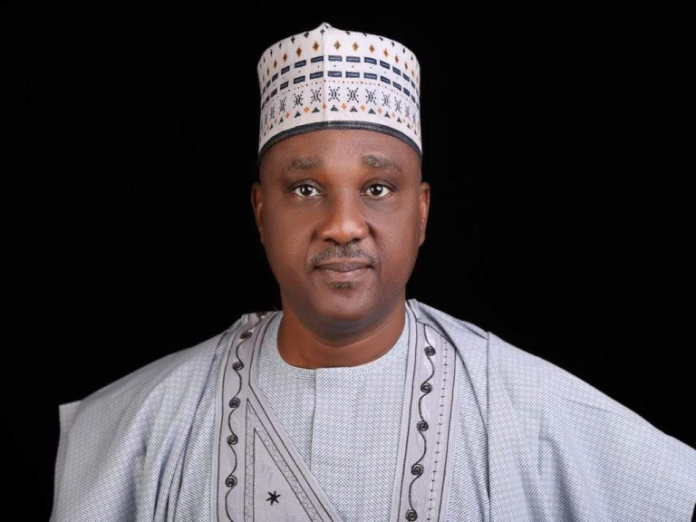The Speaker of the House of Representatives, Tajudeen Abbas, has called on relevant stakeholders in the country to make deliberate efforts to involve more women in critical decision-making, particularly in elective offices across the various tiers of government.
Abbas made this statement on Monday at the international legislative dialogue on women and the constitutional amendment process in Nigeria, organised by the House of Representatives Committee on Constitution Review.
He stated that the goal of the 10th House is to ensure that Nigerian women, who are essential parts of the nation’s social and economic fabric, secure their rightful place within the country’s governance framework.
He said, “Around the world, and particularly in Africa, we see encouraging examples of gender inclusion. Rwanda, with over 60 per cent women representation in its parliament, has shown us that robust, intentional policies work. South Africa, Namibia, and Senegal have all taken significant strides towards inclusivity, reshaping their political landscapes in ways Nigeria can learn from. These countries have demonstrated the profound impact of women’s perspectives on governance and development.
“Women bring unique perspectives that influence vital issues, from healthcare to economic policy, creating legislation that resonates with millions. McKinsey estimates that closing gender gaps could add $12 trillion to the global GDP by 2025, underscoring the immense untapped potential of women’s inclusion. Thus, increased representation of women is not a luxury but a necessity for sustainable national development and stability,” among others.
On his part, Senate President Godwill Akpabio, who was represented by the Chairman of the Senate Committee on Special Duties, Kaka Shehu, urged the constitution review committee to go the whole distance in ensuring that women’s voices are amplified in the nation’s extant laws.
Earlier in his welcome address, Deputy Speaker of the House, Benjamin Kalu, said women’s involvement in the governance and leadership of the country could contribute as much as 9 per cent to the nation’s Gross Domestic Product in 2025.
This is just as Mr Kalu lamented that in the last general election, very few women were allowed to vie for elective offices by the 18 registered political parties.
In her contribution, the First Lady, Oluremi Tinubu, who was represented by the wife of the Kwara State Governor, Olufolake Abdulrazaq, lamented that while women contribute immensely during elections in the country, they have yet to enjoy inclusiveness in governance, both in elective and appointive positions.
Also in attendance was the United Nations Development Programme’s Resident Representative, Elsie Attafuah, who urged the Nigerian government to engage women, adding that they must not be seen as a threat.
“Women must be engaged, and they must not be seen as threats. This is about national development, not gender balance. We must not settle for a quota but must ensure that the quota is implemented.
“We must ensure that the language used in the constitution is gender-sensitive. We must ensure that Nigerian women are seated where decisions are being made,” she said.
THE PUNCH


